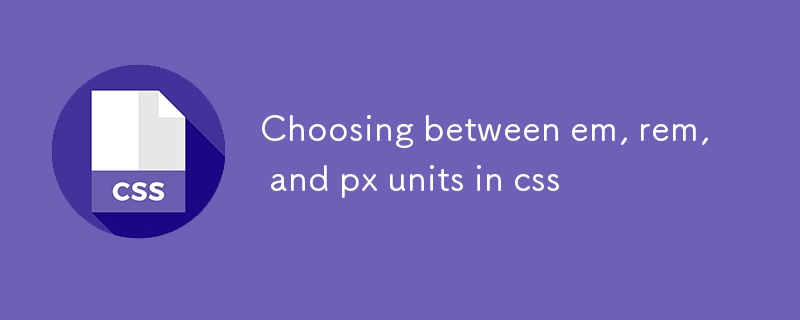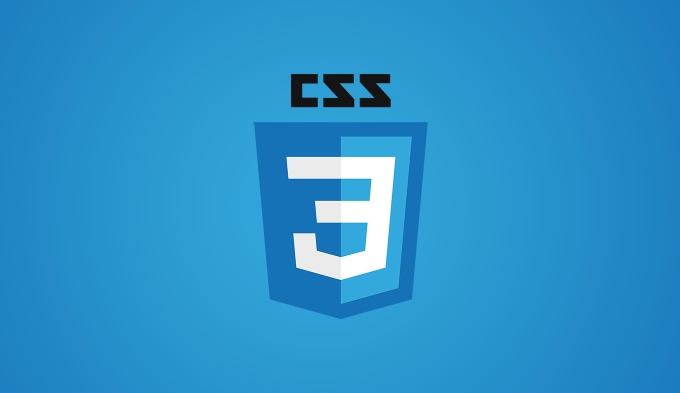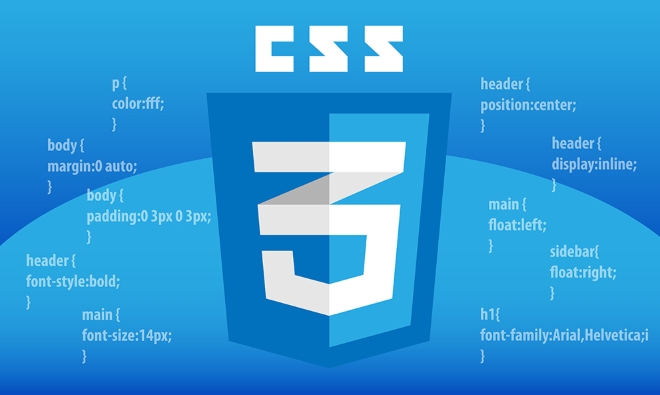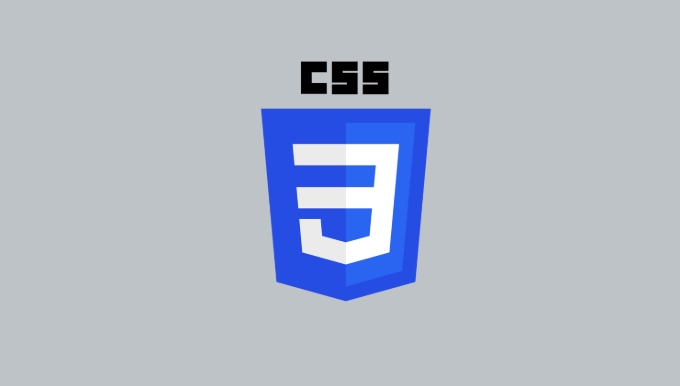When selecting font size units, you should use px to fix the size; em to adjust the local relative size; rem to global control and responsive design. px is a fixed unit, suitable for borders, icons, and other scenes that do not require scaling; em is suitable for local styles such as button text relative to the parent element font size, but multi-layer nesting is prone to errors; rem is based on the root element html, which is convenient for unified control of the overall font size, and can realize responsive layout in conjunction with media queries. It is recommended for modern web development.

When using CSS to layout, should we use em, rem or px for font sizes and spacing? In fact, there is no standard answer, but you can choose a more suitable unit according to different scenarios. The key is to understand their respective characteristics and applicable conditions.

1. px: fixed size, simple and direct
px is the most basic unit, representing pixel points. Its advantage is intuitive - as much as you write, it will not be affected by the parent element or root element.

- Suitable for scenes where no scaling is required, such as border width, small icon size, etc.
- PX is also commonly used for positioning of certain fixed positions in the page layout, so errors are not prone to occur.
For example: If you set font-size: 16px for a button, it will maintain this size on all devices (unless the page is scaled by the user).
But the problem lies here too - it's too rigid. If you want the entire page to be adjusted according to the user's system settings, or to be responsively designed, px is not suitable.

2. em: relative to parent element font size
em is calculated relative to the font size of the parent element of the current element. For example, if the parent element is 16px , then if you write 1.5em , it is equal to 24px .
This sounds flexible, but it is also prone to errors, especially when the nesting is deep:
- Multi-layered em may cause font size to be enlarged or reduced layer by layer
- It is troublesome to maintain, especially when refactoring, it is not easy to see the final effect at a glance
So suggestion:
- Use em only in local styles, such as button internal text, card title, etc.
- Do not use em in global font settings, as it can easily cause chain reactions
3. rem: based on root element, more suitable for global control
rem is the font size relative to the element. By default, the browser's html font is 16px , so 1rem = 16px , 1.25rem = 20px , and so on.
This is the most recommended practice in modern web pages, especially for unified control of overall font size:
- Set the font-size of html once, and use rem to define it elsewhere
- Dynamically adjust the html font size with media queries or JS, which can easily achieve responsiveness
For example, you can write this:
html {
font-size: 16px;
}
@media (max-width: 768px) {
html {
font-size: 14px;
}
}In this way, all font sizes defined with rem will automatically change.
Let's summarize how to choose:
- Want to fix the size, don't change with user settings → Use px
- Need to adjust relative to parent, but only takes effect locally → use em
- I hope to control the whole world, responsively friendly → use rem
Basically these differences. Not complicated, but it's easy to get confused at the beginning. You can see which one is more suitable for the current project after using it a few times.
The above is the detailed content of Choosing between em, rem, and px units in css. For more information, please follow other related articles on the PHP Chinese website!

Hot AI Tools

Undress AI Tool
Undress images for free

Undresser.AI Undress
AI-powered app for creating realistic nude photos

AI Clothes Remover
Online AI tool for removing clothes from photos.

Clothoff.io
AI clothes remover

Video Face Swap
Swap faces in any video effortlessly with our completely free AI face swap tool!

Hot Article

Hot Tools

Notepad++7.3.1
Easy-to-use and free code editor

SublimeText3 Chinese version
Chinese version, very easy to use

Zend Studio 13.0.1
Powerful PHP integrated development environment

Dreamweaver CS6
Visual web development tools

SublimeText3 Mac version
God-level code editing software (SublimeText3)

Hot Topics
 What is 'render-blocking CSS'?
Jun 24, 2025 am 12:42 AM
What is 'render-blocking CSS'?
Jun 24, 2025 am 12:42 AM
CSS blocks page rendering because browsers view inline and external CSS as key resources by default, especially with imported stylesheets, header large amounts of inline CSS, and unoptimized media query styles. 1. Extract critical CSS and embed it into HTML; 2. Delay loading non-critical CSS through JavaScript; 3. Use media attributes to optimize loading such as print styles; 4. Compress and merge CSS to reduce requests. It is recommended to use tools to extract key CSS, combine rel="preload" asynchronous loading, and use media delayed loading reasonably to avoid excessive splitting and complex script control.
 How to use Lotties in Figma
Jun 14, 2025 am 10:17 AM
How to use Lotties in Figma
Jun 14, 2025 am 10:17 AM
In the following tutorial, I will show you how to create Lottie animations in Figma. We'll use two colorful designs to exmplify how you can animate in Figma, and then I'll show you how to go from Figma to Lottie animations. All you need is a free Fig
 Breaking Boundaries: Building a Tangram Puzzle With (S)CSS
Jun 13, 2025 am 11:33 AM
Breaking Boundaries: Building a Tangram Puzzle With (S)CSS
Jun 13, 2025 am 11:33 AM
We put it to the test and it turns out Sass can replace JavaScript, at least when it comes to low-level logic and puzzle behavior. With nothing but maps, mixins, functions, and a whole lot of math, we managed to bring our Tangram puzzle to life, no J
 External vs. Internal CSS: What's the Best Approach?
Jun 20, 2025 am 12:45 AM
External vs. Internal CSS: What's the Best Approach?
Jun 20, 2025 am 12:45 AM
ThebestapproachforCSSdependsontheproject'sspecificneeds.Forlargerprojects,externalCSSisbetterduetomaintainabilityandreusability;forsmallerprojectsorsingle-pageapplications,internalCSSmightbemoresuitable.It'scrucialtobalanceprojectsize,performanceneed
 Does my CSS must be on lower case?
Jun 19, 2025 am 12:29 AM
Does my CSS must be on lower case?
Jun 19, 2025 am 12:29 AM
No,CSSdoesnothavetobeinlowercase.However,usinglowercaseisrecommendedfor:1)Consistencyandreadability,2)Avoidingerrorsinrelatedtechnologies,3)Potentialperformancebenefits,and4)Improvedcollaborationwithinteams.
 CSS Case Sensitivity: Understanding What Matters
Jun 20, 2025 am 12:09 AM
CSS Case Sensitivity: Understanding What Matters
Jun 20, 2025 am 12:09 AM
CSSismostlycase-insensitive,butURLsandfontfamilynamesarecase-sensitive.1)Propertiesandvalueslikecolor:red;arenotcase-sensitive.2)URLsmustmatchtheserver'scase,e.g.,/images/Logo.png.3)Fontfamilynameslike'OpenSans'mustbeexact.
 What is Autoprefixer and how does it work?
Jul 02, 2025 am 01:15 AM
What is Autoprefixer and how does it work?
Jul 02, 2025 am 01:15 AM
Autoprefixer is a tool that automatically adds vendor prefixes to CSS attributes based on the target browser scope. 1. It solves the problem of manually maintaining prefixes with errors; 2. Work through the PostCSS plug-in form, parse CSS, analyze attributes that need to be prefixed, and generate code according to configuration; 3. The usage steps include installing plug-ins, setting browserslist, and enabling them in the build process; 4. Notes include not manually adding prefixes, keeping configuration updates, prefixes not all attributes, and it is recommended to use them with the preprocessor.
 What are CSS counters?
Jun 19, 2025 am 12:34 AM
What are CSS counters?
Jun 19, 2025 am 12:34 AM
CSScounterscanautomaticallynumbersectionsandlists.1)Usecounter-resettoinitialize,counter-incrementtoincrease,andcounter()orcounters()todisplayvalues.2)CombinewithJavaScriptfordynamiccontenttoensureaccurateupdates.






